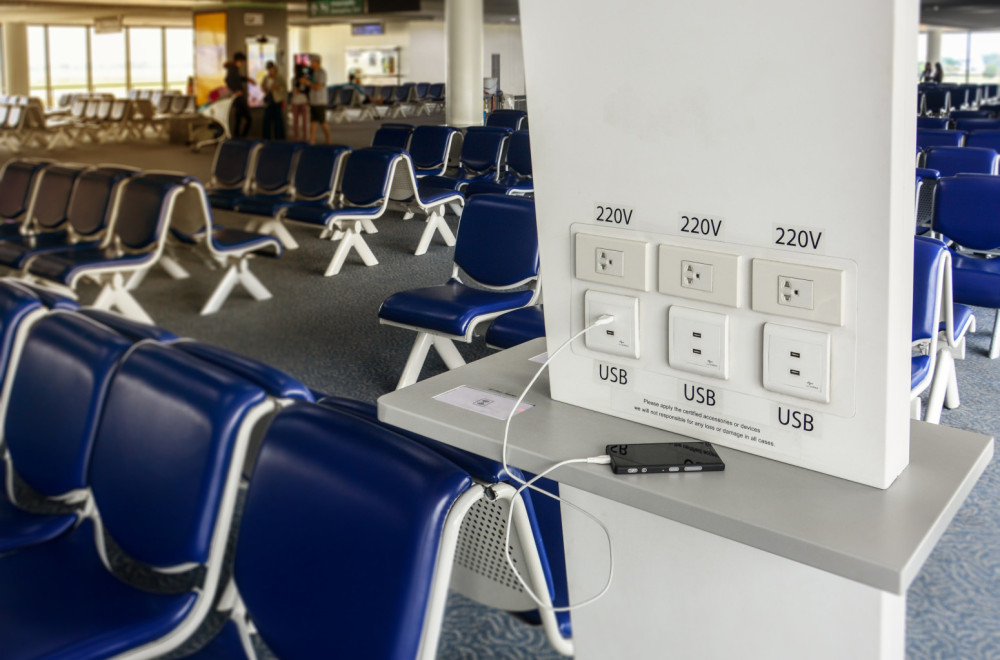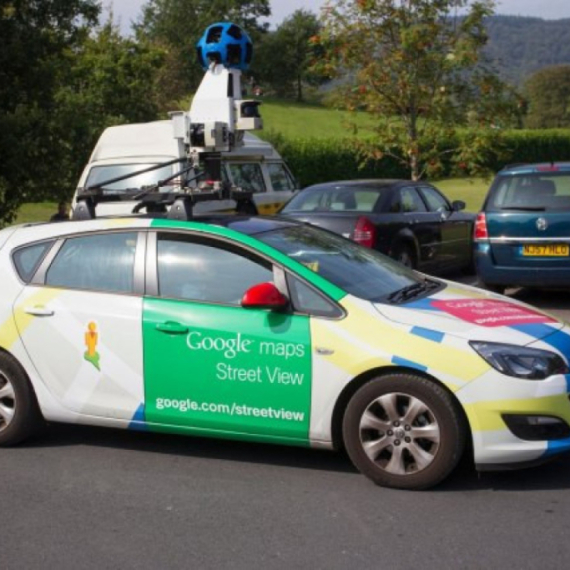Charging mobile phones on public USB chargers can pose a serious risk to privacy and data security. Experts from Kaspersky warn about attacks known as juicejacking, where malicious devices can access and steal data from phones via the USB protocol. Although Apple and Google have implemented protective measures, new methods like choicejacking allow bypassing user authorization. Some devices, such as certain Samsung phones, remain not fully secure. Experts advise that it is safer to turn off the device when charging in public places to avoid theft of personal information.
Political Perspectives:
Left: Left-leaning sources emphasize the privacy risks and the need for stronger consumer protections and regulations on public charging infrastructure. They highlight the responsibility of tech companies to ensure user security and advocate for public awareness campaigns.
Center: Center-leaning sources focus on informing the public about the technical risks of juicejacking and choicejacking, providing practical advice on how to protect personal data, such as turning off devices when charging publicly. They present balanced views on the measures taken by companies like Apple and Google.
Right: Right-leaning sources tend to emphasize personal responsibility and caution when using public technology. They may highlight the limitations of government regulation and stress the importance of individual vigilance and security practices to avoid data theft.










































